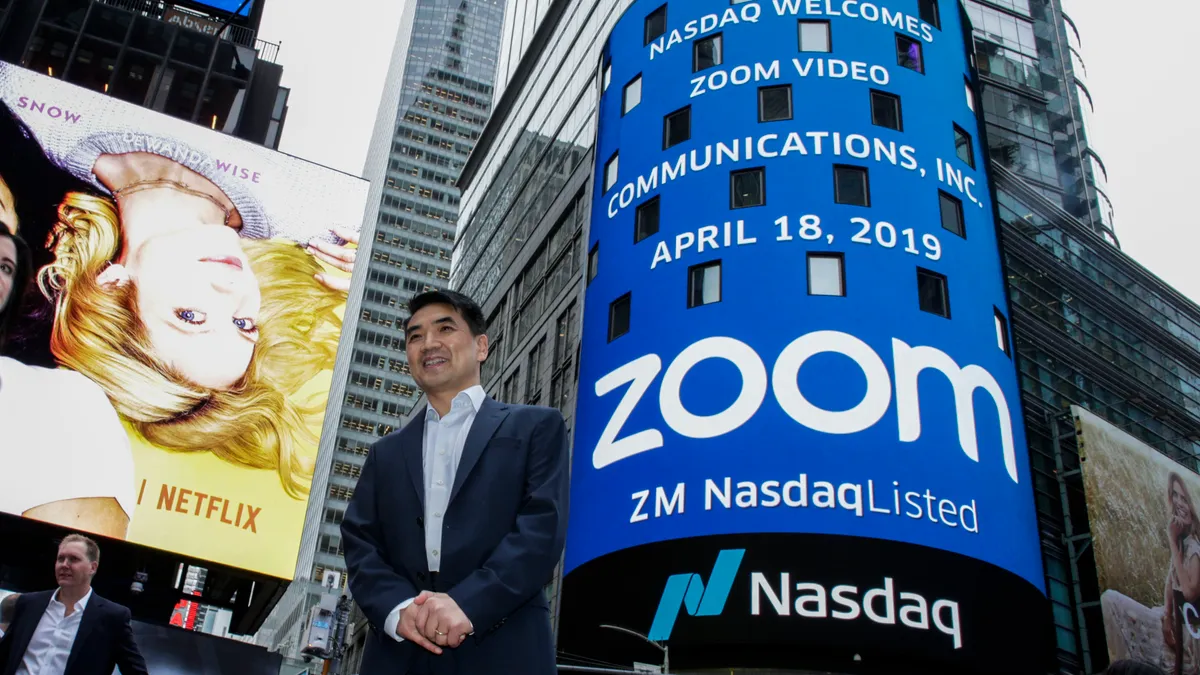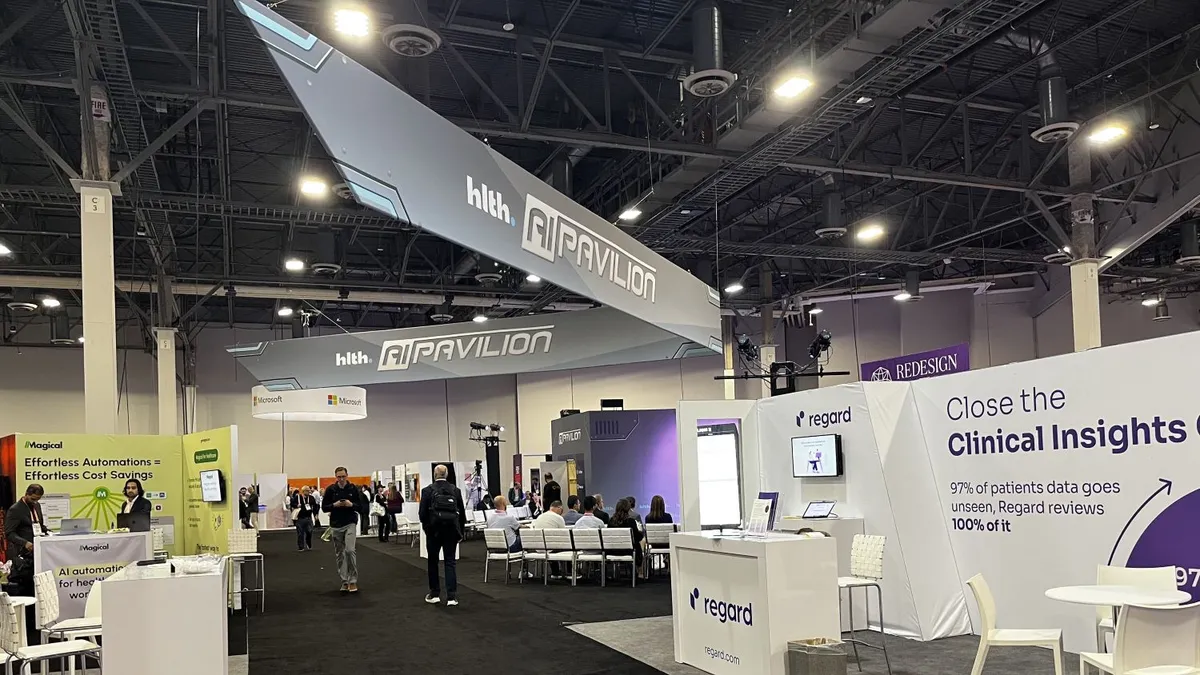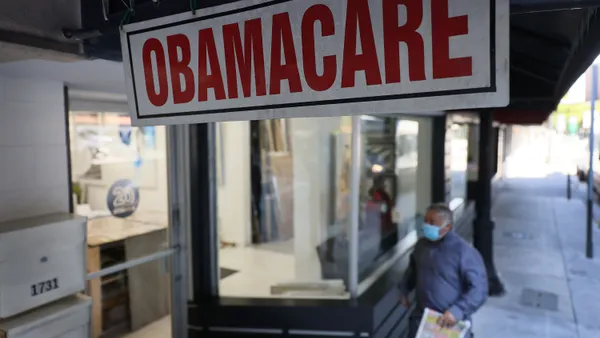LAS VEGAS — Blue Shield of California and Salesforce, a cloud-based customer relation management company, announced a partnership on Monday that aims to cut down the prior authorization process from days to seconds.
During a panel at HLTH 2024 on Monday, Paul Markovich, Blue Shield of California CEO, likened the advancement to making prior authorization requests as easy as credit card transactions. He said providers would now have answers about approvals “in real time or in near real time.”
The tool, which will be built on Salesforce Health Cloud, queries the patient’s electronic health record for relevant clinical information and organizes the data into a pre-populated form for physicians to submit to Blue Shield, according to a press release accompanying the announcement.
If a case requires additional clinical consultation, the submitting physician will receive a message within hours of the initial submission, according to Markovich.
Blue Shield is partnering with Salesforce to develop the tool because automation is, at its core, a “software problem,” Jeff Amann, executive vice president and general manager at Salesforce Industries, told Healthcare Dive.
Amann’s team is responsible for “the flow of information.” Salesforce is tasked with ensuring sure the data is both as accurate as possible and also in the right place and structure so that physicians and the insurer can analyze it.
The executives described the tool as a leap forward for providers burdened by administrative work and for patients who often wait weeks for care when prior authorization decisions stall.
“We have completely automated and digitized the process,” Markovich said during the session. He said the near instantaneous nature of the tool would “take a lot of the frustration and stress for patients and physicians out of the system.”
The partnership, however, comes amid growing scrutiny of insurers’ use of automation for claims review.
Last week, the Senate Permanent Subcommittee on Investigations released a report slamming three of the nation’s Medicare Advantage largest insurers — UnitedHealthcare, Humana and CVS — for using predictive technology to allegedly deny patients access to post-acute care.
UnitedHealth, Humana and Cigna have also been sued over their use of automated decision tools, with plaintiffs arguing the insurers used the technology to improperly deny claims en masse.
Markovich is adamant that Blue Shield’s automated tool is different from competitors.
“Any denial would have to happen through the judgment of a trained human being,” Markovich told Healthcare Dive.
Markovich said a human is kept “in the loop,” and will review prior authorization requests that need more information or are flagged for denial.
Cigna, though, also had a medical director oversee claims denials as of last year. However, in a lawsuit filed in California in July 2023, plaintiffs argued the medical director was not meaningfully supervising the claims technology. Claims denials took on average 1.2 seconds using the tech, and a single employee denied 60,000 claims in a month, according to the suit.
Blue Shield promises more robust human supervision and conversation between the insurer and physician about why the request was flagged.
“If we can't approve it, there's two things that are going to happen. One is, it'll be clear why — we will be able to say, here's the things that we aren't seeing, like where there is no evidence of [past treatment]. Then, that physician can speak to whoever the appropriate medical director or peer is about that and have a peer-to-peer conversation right there in the moment or at a conveniently scheduled time,” Markovich said. “That has to happen in order for us to get to a ‘no.’”
The companies will begin testing the product in January and plan to roll out the tool for general availability in 2026, according to the release.




















